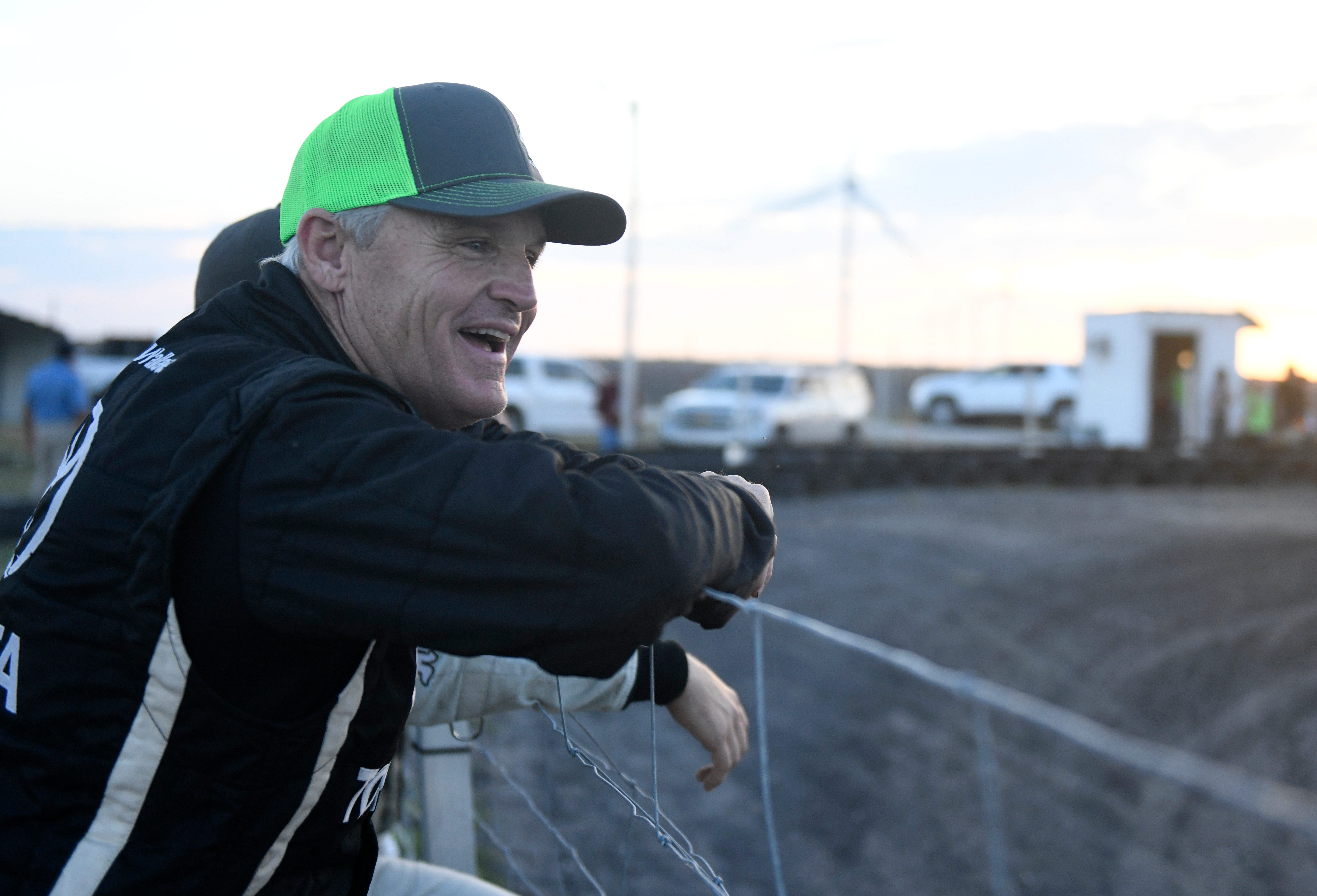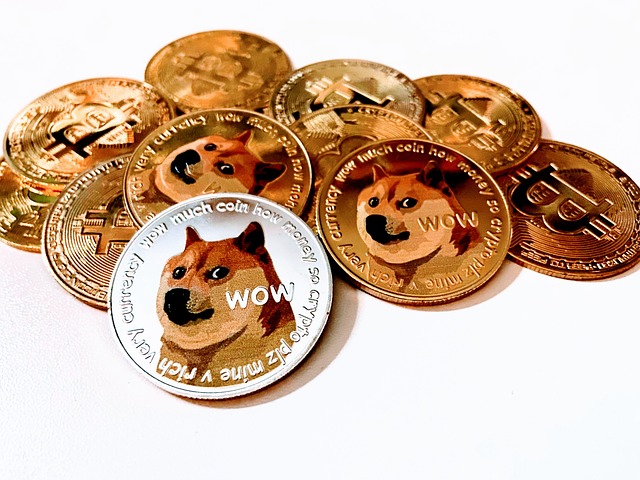Archegos Capital Management founder Sung Kook “Bill” Hwang has been convicted by a jury in a criminal trial in Manhattan federal court of fraud and other charges in which prosecutors accused him of market manipulation before the collapse of his $36 billion private investment firm in 2021.
On Wednesday, the jury, which began deliberations on Tuesday, found Hwang guilty on 10 of 11 criminal counts, and Patrick Halligan, his Archegos deputy and co-defendant, guilty on all three counts he faced.Hwang and Halligan sat with their lawyers while the verdict was read by a soft-spoken foreperson.
United States District Judge Alvin Hellerstein set sentencing for Oct. 28. Both men remain free on bail.
Archegos’ collapse sent shockwaves across Wall Street and attracted regulatory scrutiny on three continents. Prosecutors have said Hwang and Halligan lied to banks to obtain billions of dollars that they used to artificially inflate the share prices of several publicly traded companies. The trial began in May.
Hwang, 60, has pleaded not guilty to one count of conspiracy to commit fraud, three counts of fraud and seven counts of market manipulation. Halligan, 47, has pleaded not guilty to one count of conspiracy to commit fraud and two counts of fraud. Halligan was Archegos' chief financial officer.
He now faces a maximum sentence of 20 years in prison for each of the charges he was convicted of, though any sentence will likely be far less and imposed by the judge based on a variety of factors.
when the charges were made Brought in 2022The US Justice Department described the case as an example of its commitment to holding accountable those who distort and defraud US financial markets.
Jurors heard closing arguments on Tuesday.
Diversity
The trial focused on the implosion of Hwang's family office Archegos, which led to $10 billion in losses for global banks and more than $100 billion in losses for shareholders of companies in its portfolio, according to prosecutors. Prosecutors said Hwang's actions damaged U.S. financial markets as well as ordinary investors, causing significant losses to banks, market participants and Archegos employees.
According to prosecutors, Hwang secretly amassed large stakes in a number of companies without owning any stock. Prosecutors said Hwang lied to banks about the size of Archegos’s derivatives positions in order to borrow billions of dollars, which he and his associates used to artificially inflate the underlying stocks.
Prosecutors accused Halligan of lying to the banks and enabling the criminal scheme.
During closing arguments, Assistant U.S. Attorney Andrew Thomas told jurors, “By 2021, the defendants’ lies and manipulations had ensnared nearly a dozen stocks and half of Wall Street in a $100 billion fraud, a fraud that collapsed in a matter of days.”
Hwang’s defense team called the indictment the “most aggressive open market manipulation case” ever brought by U.S. prosecutors. Hwang’s attorney Barry Burke told jurors in his closing argument that prosecutors had criminalized aggressive but legal trading methods.
Archegos' chief trader William Tomita and chief risk officer Scott Baker testified as prosecution witnesses after pleading guilty to related charges and agreeing to cooperate in the case.
According to the U.S. Attorney’s Office for the Southern District of New York, which filed the case, Hwang’s position far outweighed that of the companies’ biggest investors, sending share prices soaring.At its peak, prosecutors said Archegos had $36 billion in assets and $160 billion in equity investments.
When stock prices fell in March 2021, the banks demanded additional deposits, which Archegos couldn’t provide.The banks then sold the stock backing Hwang’s swaps, wiping out a reported $100 billion in value for shareholders and billions for the banks, including $5.5 billion for Credit Suisse, now part of UBS, and $2.9 billion for Nomura Holdings.












